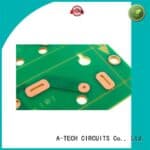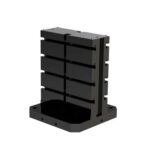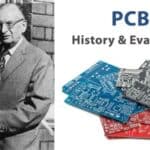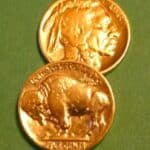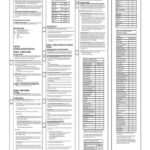
PCB Assembly Blog
-
How to design a PCB for high frequency?
Posted by
–
 Read more: How to design a PCB for high frequency?
Read more: How to design a PCB for high frequency?Introduction to High Frequency PCB Design High frequency PCB design is a critical aspect of modern electronics, particularly in the realm of wireless communication, high-speed digital systems, and RF applications. As the demand for faster data transmission and higher bandwidth continues to grow, designers must understand the unique challenges associated […]
-
What are high speed PCBs?
Posted by
–
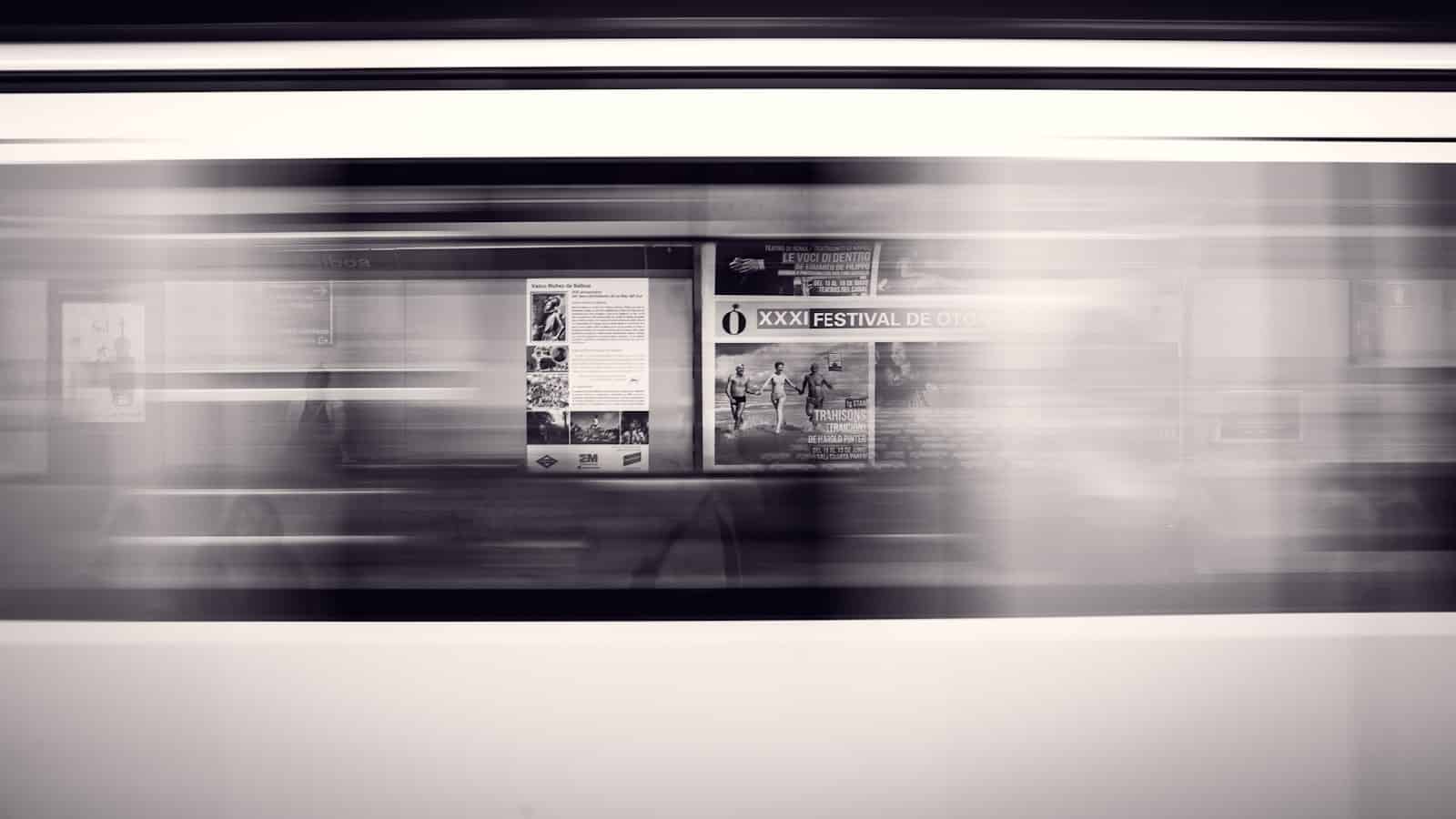 Read more: What are high speed PCBs?
Read more: What are high speed PCBs?Understanding High Speed PCBs What Makes a PCB “High Speed”? A PCB is considered “high speed” when it operates at frequencies above 100 MHz or when the rise time of the signal is less than 1 nanosecond. At these high frequencies, the PCB’s physical properties and layout become critical factors […]
-
How do you identify IC on PCB?
Posted by
–
 Read more: How do you identify IC on PCB?
Read more: How do you identify IC on PCB?Understanding Integrated Circuits (ICs) and PCBs What are Integrated Circuits (ICs)? An integrated circuit, or IC, is a miniaturized electronic circuit that consists of numerous components such as transistors, resistors, capacitors, and diodes. These components are fabricated on a single semiconductor substrate, typically made of silicon. ICs are designed to […]
-
What is an inverter PCB?
Posted by
–
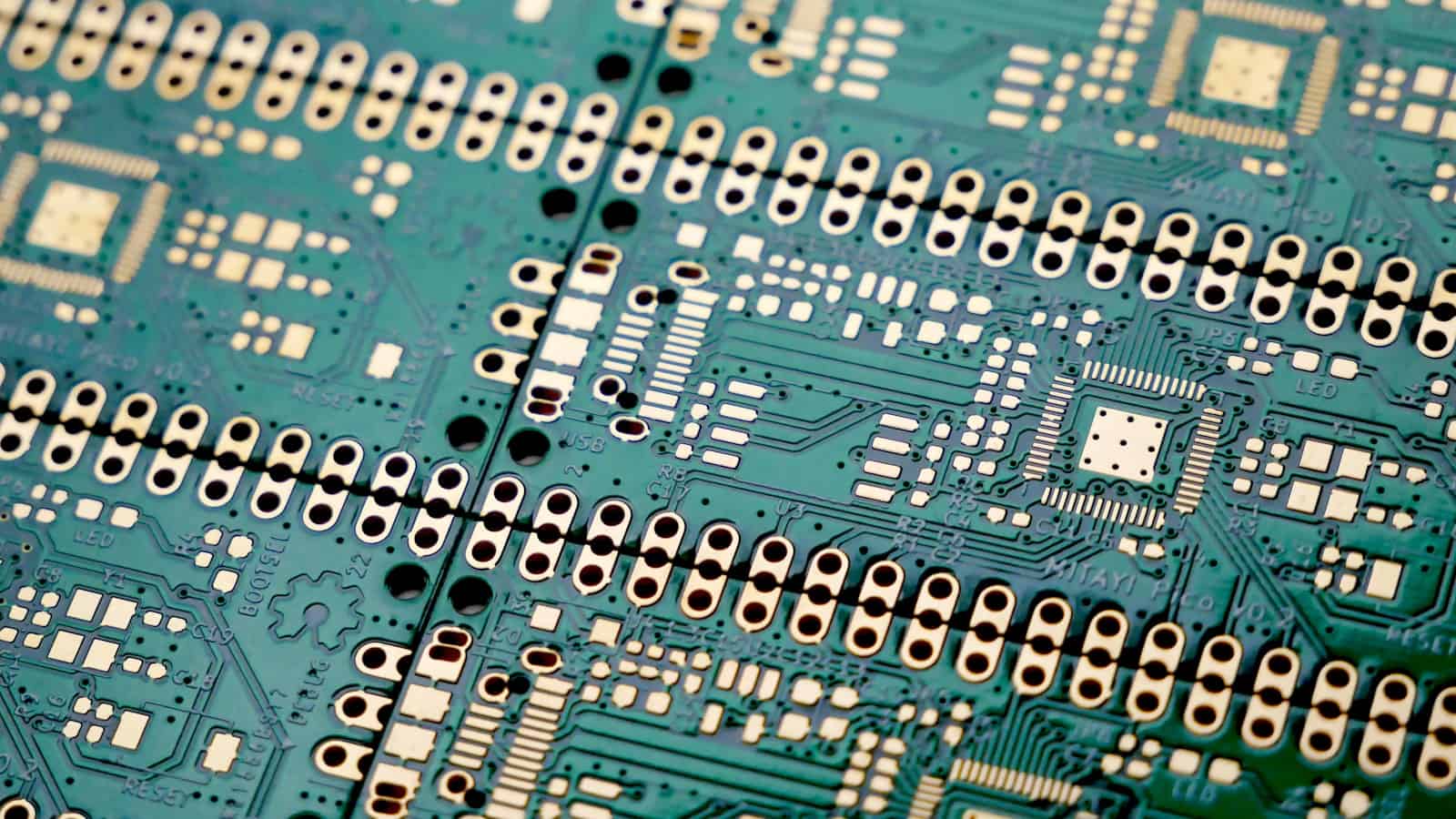 Read more: What is an inverter PCB?
Read more: What is an inverter PCB?Table of Contents Introduction to Inverter PCBs Types of Inverter PCBs Half-Bridge Inverter PCB Full-Bridge Inverter PCB Three-Phase Inverter PCB Multilevel Inverter PCB Key Components of an Inverter PCB Power Switches Gate Drivers Capacitors and Inductors Sensors and Protection Circuits Inverter PCB Design Considerations Power Rating and Efficiency Thermal Management […]
-
How to Find low cost pcb assembly
Posted by
–
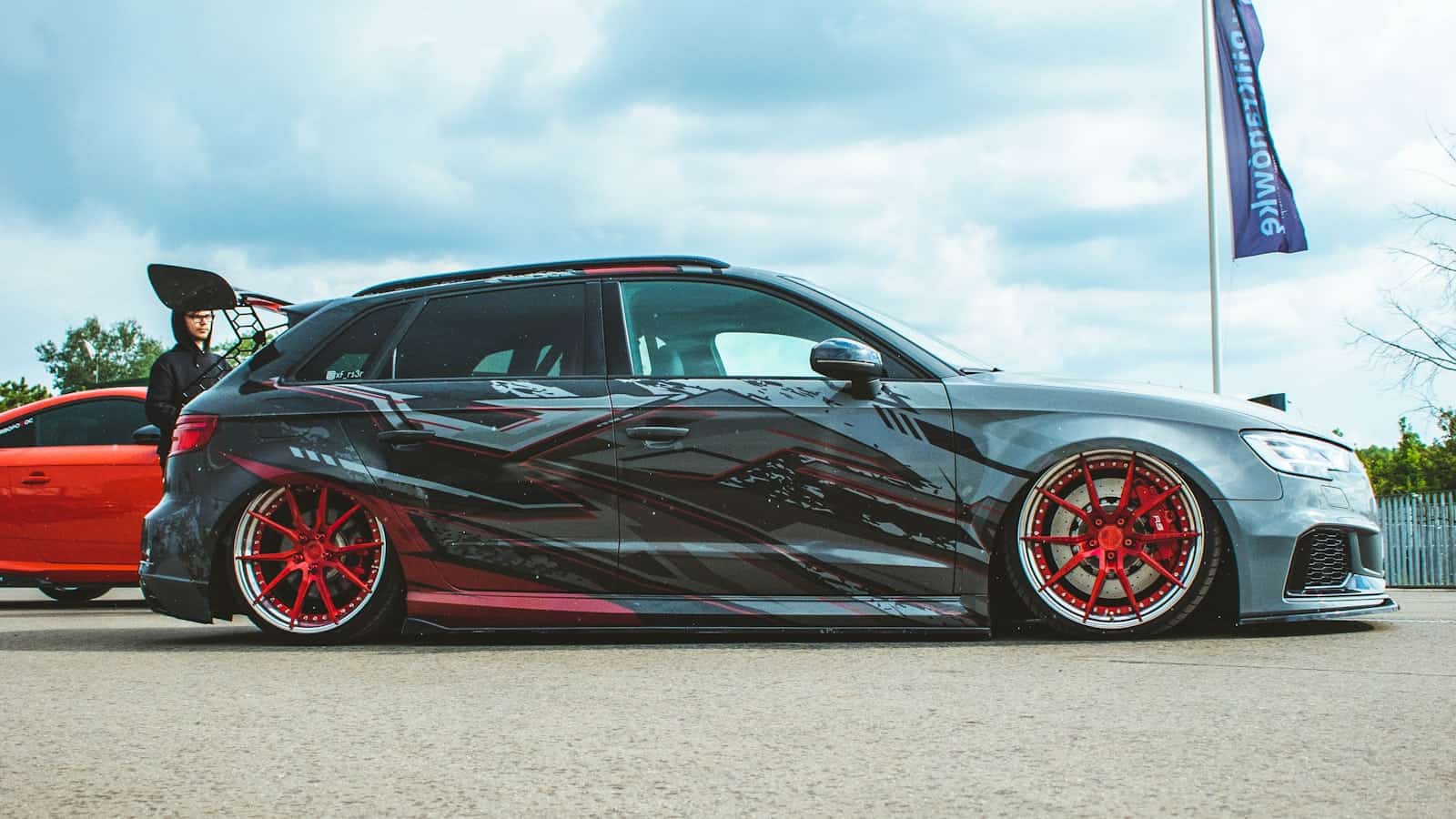 Read more: How to Find low cost pcb assembly
Read more: How to Find low cost pcb assemblyUnderstanding the Factors Affecting PCB Assembly Costs Before diving into the methods of finding low cost PCB assembly, it’s essential to understand the key factors that influence the overall cost. By recognizing these elements, you can make informed decisions and negotiate effectively with potential suppliers. PCB Design Complexity The complexity […]
-
How do I print PCB?
Posted by
–
 Read more: How do I print PCB?
Read more: How do I print PCB?What is a printed circuit board (PCB)? A printed circuit board is a flat, insulating substrate made of fiberglass, composite epoxy, or other materials, with conductive copper traces printed onto its surface. These traces form the electrical connections between components, allowing for the creation of complex electronic circuits. PCBs are […]
-
6-Layer PCB Stackup Design Guidelines
Posted by
–
 Read more: 6-Layer PCB Stackup Design Guidelines
Read more: 6-Layer PCB Stackup Design GuidelinesIntroduction to 6 Layer PCB Stackups A 6 layer PCB stackup is a popular choice for complex electronic designs that require high signal integrity, power efficiency, and electromagnetic compatibility (EMC). By utilizing six conductive layers, designers can optimize the placement of signal, power, and ground planes to achieve the desired […]
-
What is a small PCB?
Posted by
–
 Read more: What is a small PCB?
Read more: What is a small PCB?Understanding Small PCBs Definition and Characteristics A small PCB is a miniaturized version of a standard printed circuit board. These boards are designed to fit within compact electronic devices while still providing the necessary connectivity and functionality. The main characteristics of small PCBs include: Reduced size: Small PCBs are typically […]
-
What is breakaway tab in PCB?
Posted by
–
 Read more: What is breakaway tab in PCB?
Read more: What is breakaway tab in PCB?Introduction to Breakaway Tab PCB Printed Circuit Boards (PCBs) are essential components in modern electronics, providing a platform for electrical components to be mounted and interconnected. One important feature often found in PCBs is the breakaway tab, also known as a breakout tab or snap-off tab. These tabs serve various […]
-
15 Tips For PCB Design For Assembly
Posted by
–
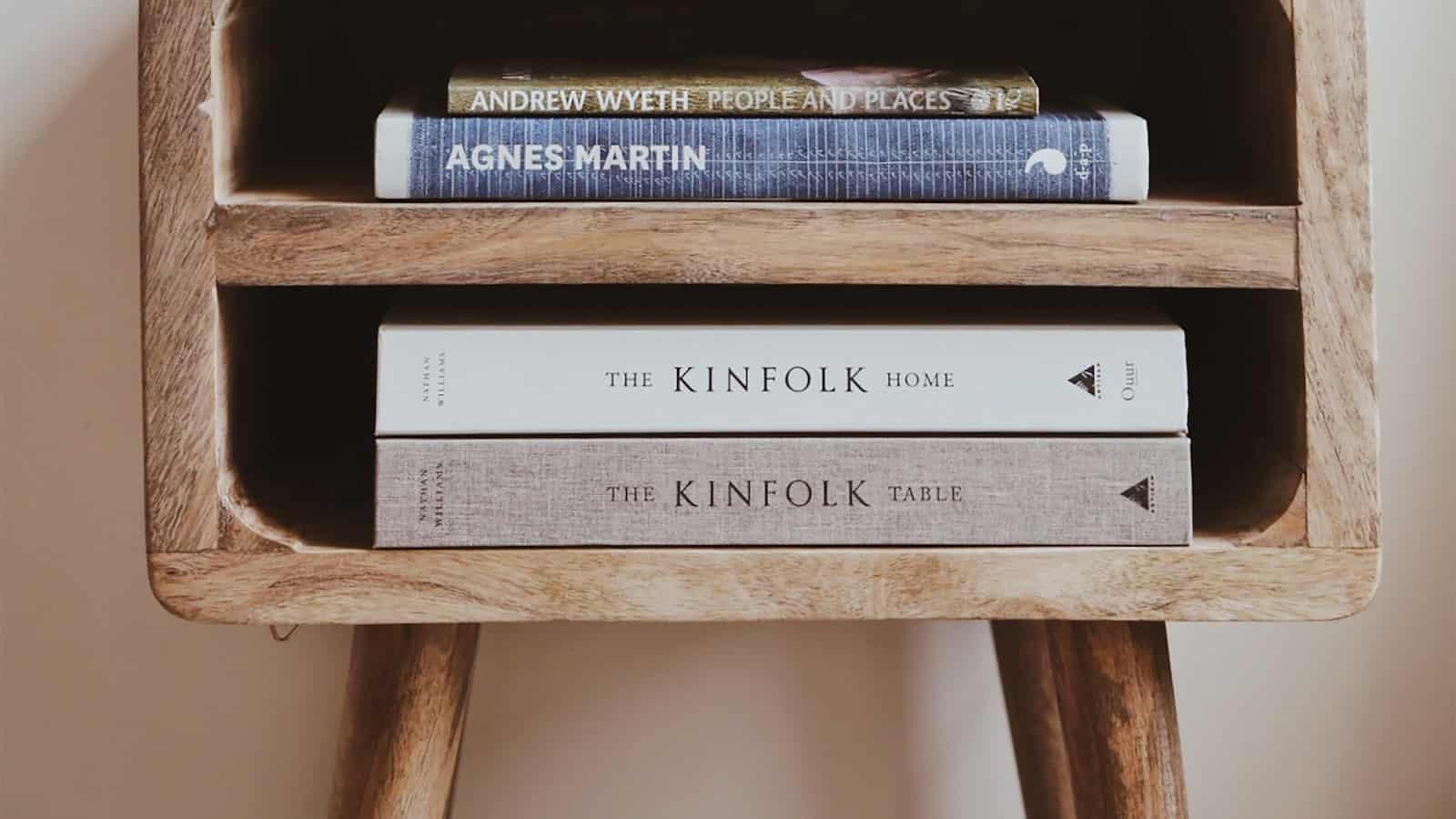 Read more: 15 Tips For PCB Design For Assembly
Read more: 15 Tips For PCB Design For AssemblyIntroduction to PCB Design and Assembly Printed Circuit Board (PCB) design and assembly is a critical process in the development of electronic devices. PCBs are the backbone of modern electronics, connecting components and allowing for complex circuits to be built in a compact and efficient manner. However, designing a PCB […]
